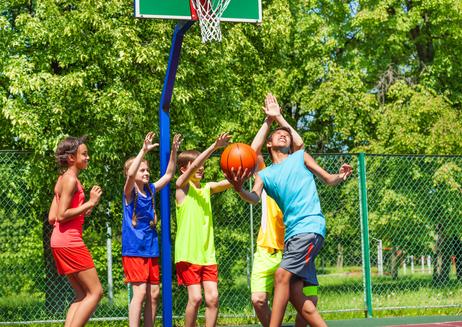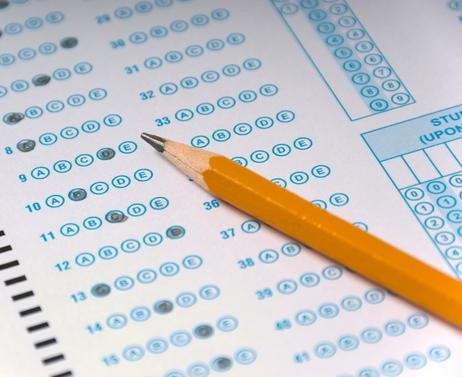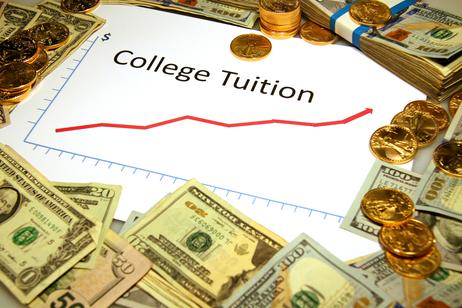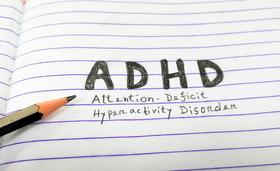When the final bell rings on the last day of school, you’re probably ready to rush home and throw your bookbag in the closet until fall. As a high school student, summer is a time to relax and to take a break from studying, but if you plan to apply for college, you might want to consider using some of your summer break to boost your college application.
You don’t necessarily need to jump right into summer school, but there are some simple things you can do this summer to improve your college application. Keep reading to find out what they are.
Why Is It Important to Stay Busy Over the Summer?
Though it may be tempting to spend the whole summer sleeping in and spending time with friends, it’s important to keep one eye on your future. Your brain can definitely use a break when it comes to studying and stress, but don’t shut it down entirely for the next two months.
Staying busy and productive over the summer is important for a number of reasons. When it comes to college applications, however, it will show admissions officers that you’re serious about your education and your future. Something as simple as taking a summer school course or volunteering with a local charity shows a commitment to academic excellence and depth of character. Everything you do is an opportunity to show college admissions who you really are.
In addition to making yourself look better on a college






















